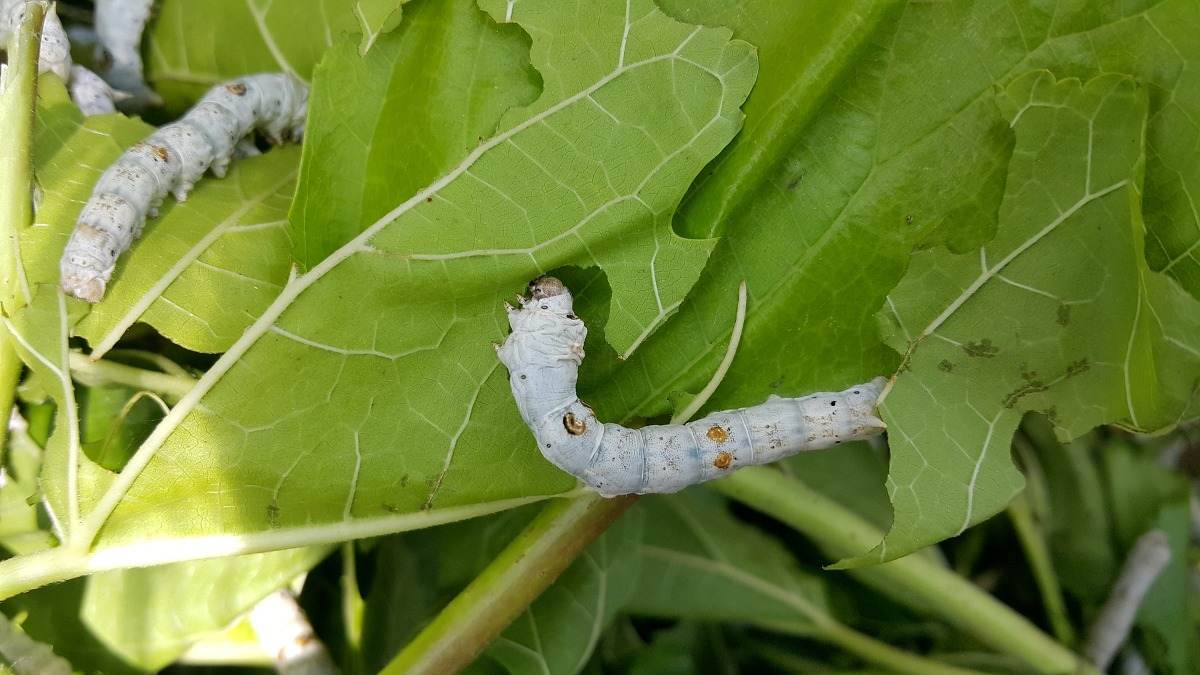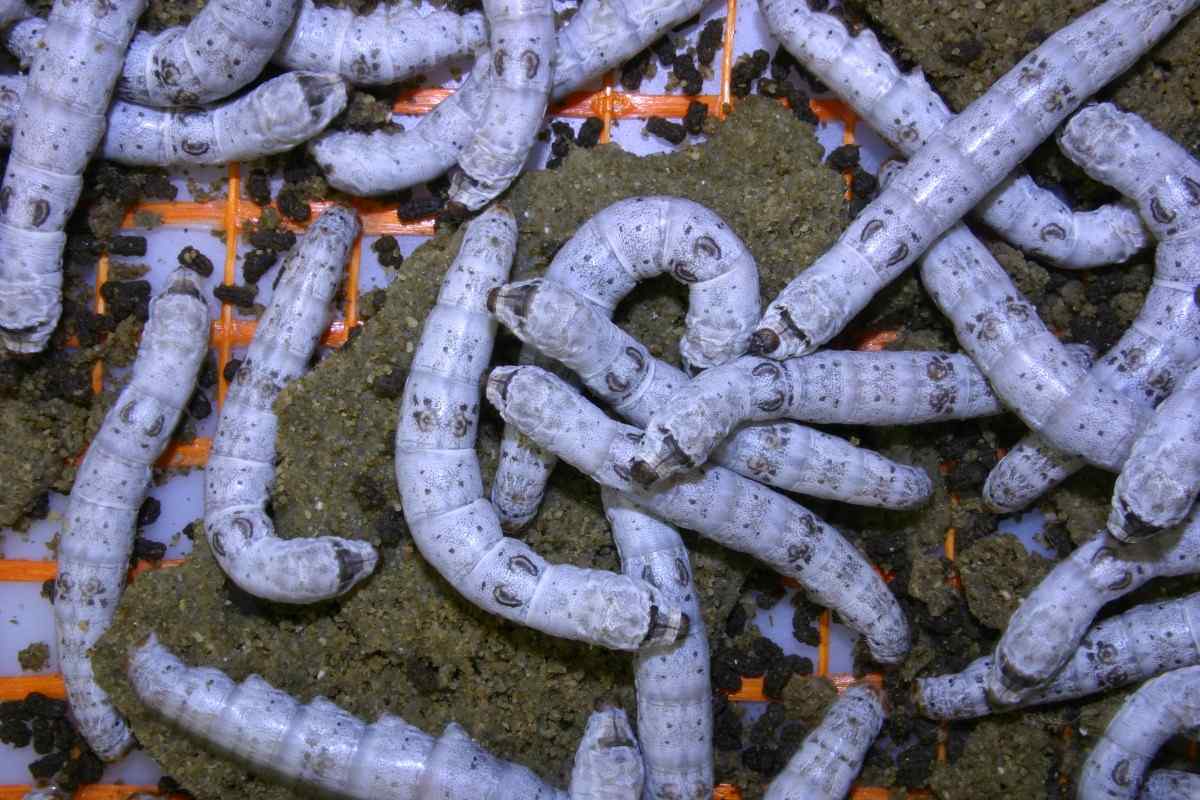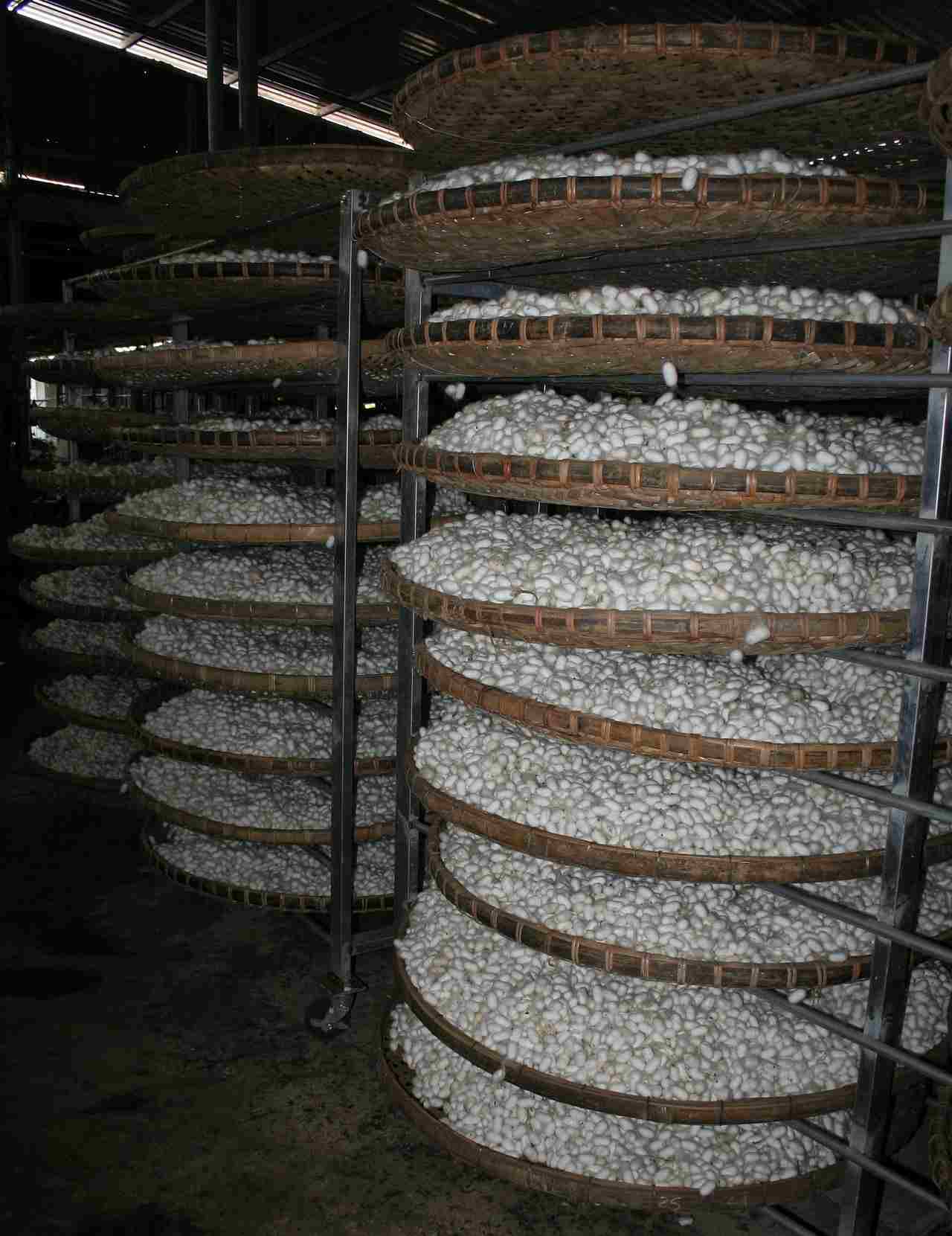Schemes for Sericulture Development , NABARD Subsidy for Sericulture: NABARD strives to support the allied economic activities in rural areas, and integrates to promote the sustainable rural development especially in rural areas. NABARD is entrusted with the following by ensuring to
1. Provide refinance specially in lending institutions in rural areas
2. Promoting activities for institutional development in rural areas, and
3.Timely audits for evaluating, monitoring and inspecting the client banks.
A guide to schemes for sericulture development in India
The information in this article may be applied to sericulture schemes in andhra pradesh, sericulture schemes in telangana, sericulture schemes in karnataka, sericulture schemes in maharashtra, sericulture schemes in kerala, sericulture schemes in bihar, sericulture schemes in madhya pradesh, sericulture schemes in uttar pradesh, sericulture schemes in punjab, sericulture schemes in haryana, sericulture schemes in gujarat, sericulture schemes in rajasthan, sericulture schemes in west bengal, sericulture schemes in tamilnadu, sericulture schemes in uttarakhand, sericulture schemes in chhattisgarh, and sericulture schemes in assam.

Sericulture farming loans and subsidies in in India
Sericulture is the science of growing silkworms and rearing silk from the grown worms, along with the cultivation of Mulberry which is a food for silkworms. The final product of the sericulture farming/cultivation is silk. The demand for silk in our country and in overseas is increasing day by day. Hence, many of them are interested to start the sericulture farming in India as the profits in silkworm rearing are high to the farmers. The Income returns from Sericulture Farming in India are high compared to other farming and the subsidies are also available good in number. In this post, you will get to know all about the subsidies and schemes for sericulture farming or cultivation in India
Many of farmers and individuals who start sericulture farming are unaware of loans, subsidies and schemes for sericulture farming in India. States and central government are providing many schemes, loans and subsidies to increase the silk production in the country in turn the exports will also be increased. States and central government are providing many schemes in the form of subsidies and loans in order to increase the silk production in the country. In addition to this, NABARD and Banks are also providing good amount of loans and subsidies for silkworm rearing in India.
Loans and Subsidies for Sericulture Farming in India
NABARD helps the farmers by providing loans and subsidies to boost up the sericulture industry. But it requires few detailing and eligibility to provide the specific loans. Banks will be having all the details regarding the NABARD loans and subsidies for sericulture.
The eligible candidates for getting NABARD loan for sericulture are farmers, individuals, self-help groups, and NGO’s unemployed students. The other Non-Farm Sector includes artisans, handicrafts, handlooms, power looms, MSME etc.
Required amenities for getting subsidies and loans in sericulture
The person who is applying for loan or for subsidy in NABAERD for Sericulture should own a land or a cultivable land for lease, the land should have the irrigation facilities as they need to cultivate mulberry plants, the farm should be under proper sanitation, and it should have proper transport facility.
You should not miss the SBI Agricultural Loan, Crop Loan in India.

Percentage of loan amount sanctioned by NABARD for Sericulture
As per the rules and regulations of NABARD bank sanctions a loan amount based on the marginal income and if it more than one lakh it sanctions only 10-15% and also varies accordingly.
Repayment period for sericulture farming
It basically depends based on the method you choose, for example it takes 1 year for mulberry cultivation, if it is for rearing house it takes 3 years, equipment the repayment period is 3 years, and for reeling unit it takes 7 years repayment period.
NABARD subsidies for sericulture farming
The below are the different types of subsidies available for sericulture farming. These includes-
- The subsidy available for cultivation of mulberry in 1 care is Rs.10,500
- The subsidy available for construction of silkworm rearing shed is Rs.2,75,000
- The subsidy for equipment’s required for sericulture is Rs.52,500
- Subsidy for irrigation facility for mulberry plantation is Rs.37,500
- Subsidy for farm mechanization is Rs.10,000
- Incentives in the productivity of silk is Rs.20 per extra Kg
- Subsidies for purchasing organic fertilizers used in sericulture is Rs.5,000
- Subsidy available for medical allotment is Rs.1,50,000
- Subsidy available for disinfectants used in sericulture is Rs.1,500
- Subsidy available for miscellaneous costs involved in sericulture is Rs.10,000
NABARD subsidies for reelers and reeling units
These are given in particular to the following
- Subsidies available to setup basin multi end reeling units 10 in number are Rs.7,50,000
- Subsidies available to setup 20 basin multi end reeling units are Rs.12,75,000
- Subsidies available for construction of reeling shed is Rs.10,000
- Subsidies available for constructing reeling shed for 6 by 10 improved cottage basin is Rs.50,000
- Subsidies available for constructing reeling shed for 6 by 10 multi end reeling unit is Rs.50,000
- Subsidies are also given in the form of production incentive per kg for CB silk yarn produced on charka or cottage basin is Rs.30 per extra Kg
- Production incentive per kg CB silk yarn produced on multi end reeling unit is Rs.50 per extra Kg
- Production incentive per kg bivoltine silk yarn produced by multi end reeling unit is Rs.130Rper extra Kg
- Production incentive per Kg bivoltine silk yarn produced by automatic reeling machines is Rs.150 per extra Kg
- Subsidy to women entrepreneurs for purchase of pierced cocoons utilized for cocoon handicrafts is 90% subsidy for pierced cocoons purchased by women trained in handicrafts.
Documents required for availing subsidies and loans for sericulture farming from NABARD
The following are the documents required for availing different subsidies, loans and schemes from NABARD-
- Application Form
- Copy of Pass Book
- Loan Sanctioned copy from Bank
- Certificate from Bank Officer for loan (principle and interest) repaymentmade/being paid
- Other necessary document
You may also like the Cold Storage License, Permission, Guidelines in India.
Central silk board schemes for sericulture development

The other schemes for sericulture farming by the central government support to the farmers and other individuals who setup sericulture unit includes the following-
- Schemes under beneficiary empowerment programme The costs involved in setting up the unit, if the costs involved are Rs.7,000 then it gives 100% subsidy i.e., CSB subsidy is Rs.7,000 per unit.
- Schemes for silkworm shed construction
CSB sanctions 80% of the costs involved in the construction of the silkworm shed is Rs.5,00,000 then the subsidy sanctioned will be up to Rs.4,00,000.
- Schemes for establishing Chawki rearing centre If the costs involved in the construction of Chawki rearing centre is Rs.10,00,000 then the CSB subsidy will be sanctioned 80% of it which will go up to Rs.8,00,000.
- Schemes available for establishment of Seri poly clinic CSB sanctions80% of costs involved in the unit priceRs.1,40,000 and also offers 20% of the beneficiary share. Then the total benefit goes up to Rs.1,12,000.
- Schemes for supplying micronutrients for sericulture
Mulberry crop production needs the supply of micronutrients which costs up to Rs.1,000 and the subsidy available for this is 80% which is Rs.800 and Rs.200 will be given as a share.
- Subsidies in the form of incentives for the increase in productivity CSB sanctions a total of 100% incentives for extra production per Kg production. For example if the rate of silk is Rs.100 then the farmer gets Rs.100 per Kg extra production.
Conclusion of sericulture development schemes in India
These are the list of different subsidies and loans available for sericulture farming subsidies in India. We hope you have covered all the information which might give you clear idea about what you are looking for. You can also visit the nearby banks to get more information about the loans, subsidies and other detailed information. You may be interested in Growing Bamboo Plants in Containers.